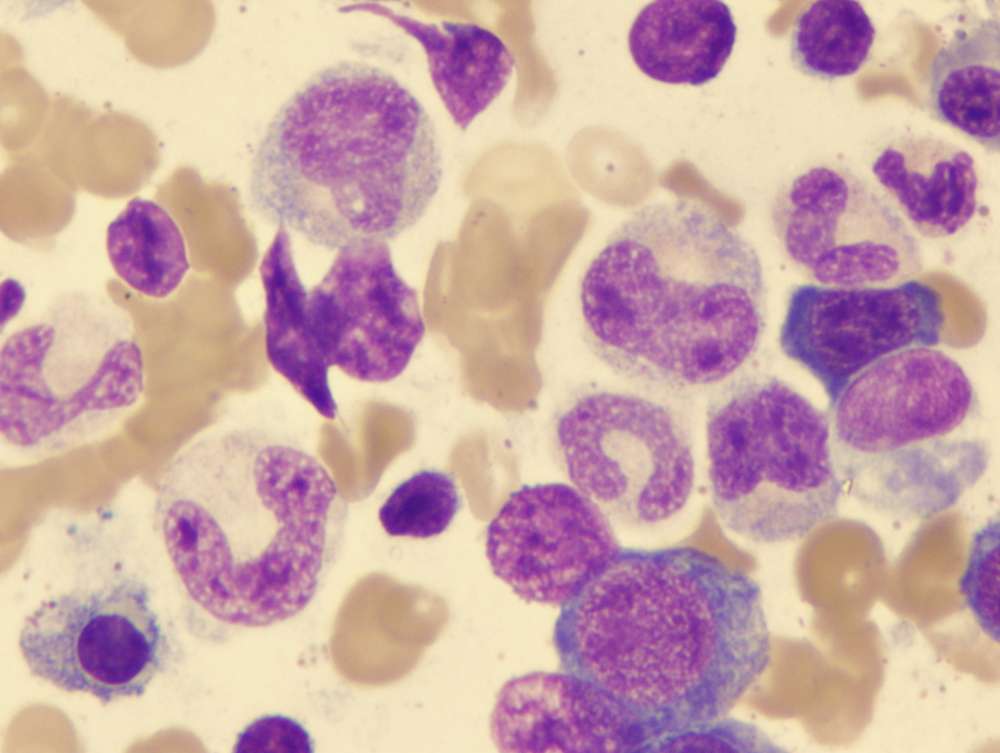
Pernicious anemia – neglected case highlights need for multidisciplinary management
Pernicious anemia is a chronic disease that affects the parietal cells in the stomach, especially the gastric fundus. It results in vitamin B12 deficiency due to a lack of intrinsic factors. Despite advances in medicine, diagnosing pernicious anemia can be difficult. The report highlights a neglected case of an 86-year-old lady with multiple comorbid conditions who was referred for anemia. Her initial assessment revealed hematological and neurological symptoms including weakness, hypertonia, sensory deficits, and high indirect bilirubin and LDH levels. Despite normal MCV and blood smears, tests showed positive intrinsic factor and parietal cell antibodies, confirming the diagnosis of pernicious anemia. She was started on lifelong B12 injections. On follow-up after three months, she showed improvement in fatigue and numbness with increased hemoglobin and B12 levels. However, she remained bedridden with spastic limbs. Doctors should have a high index of suspicion for pernicious anemia since it has variable presentations. An optimal management approach involves a multidisciplinary team of internists, neurologists, gastroenterologists, and hematologists.
To know more: About the original article click here.
